Prime Minister Dačić: Nothing new in West
Prime Minister Ivica Dačić says that Serbia needs to "act skillfully" in order to be accepted into the EU without having to "verify Kosovo's independence".
Saturday, 15.09.2012.
17:12

VRANJE Prime Minister Ivica Dacic says that Serbia needs to "act skillfully" in order to be accepted into the EU without having to "verify Kosovo's independence". Dacic spoke on Saturday in the southern Serbian town of Vranje. Prime Minister Dacic: Nothing new in West Commenting on Germany's package of demands put before Serbia, Dacic said it was all already known and "everyone has the right to make demands", but that Serbia "should know what it wants". "There's nothing new in the West. Let's just hope it isn't also - same old stories in the East," he said, paraphrasing a well-known Serbian pop song, and added that "we shouldn't get too upset" over the German demands - but that "we should know what we want to achieve". "We also have the right to our own opinion about all this. We are looking for a way to go through European integration and join the EU without having to verify that Kosovo is an independent state. This will remain our principled position throughout,” he said. The prime minister added Serbia was prepared “to negotiate possible compromise solutions in any format and in any place,” and that if "it takes a hundred rounds of talks, it will talk for that long". But no solutions can be found without Serbia, he stressed. "In case this 'agreed solution' means that everything has already been decided, while we're simply supposed to sit at the same table and say, 'okay, we agree to what you have resolved' - that won't work," warned the prime minister, and added: "We can only discuss what the best solution might be in order to find a way out of this situation." Andreas Schockenhoff, a member of the Bundestag and a high-ranking official of the Christian Democratic Union (CDU), the party led by German Chancellor Angela Merkel, stated that Germany expected Serbia to sign a joint, legally-binding statement on mutual relations with Kosovo before it is allowed to start accession talks with the EU, which would be implemented by the end of these talks. Germany also expects implementation of the agreements reached in the Belgrade-Pristina talks, and a deal on continuation of the dialogue beyond the already agreed issues such as energy and telecommunications. Moreover, Germany expects Serbia to begin dismantling its parallel structures in the security apparatus and administration in north Kosovo and stop their financing. Berlin also wants Belgrade to consistently encourage Serbs in northern Kosovo to cooperate with EULEX and KFOR. Germany also expects full realization of the action plan agreed with the EU, with a special focus on the continuation and implementation of the ongoing justice system reform and fight against corruption at all levels. Belgrade is also expected to make visible progress in the investigation and prosecution of the attack and arson at the German Embassy in Belgrade in February 2008 following Berlin's recognition of Kosovo's independence, and show clear signals it is continuing to pursue reconciliation in the region. Ivica Dacic (Tanjug, file) Tanjug
Prime Minister Dačić: Nothing new in West
Commenting on Germany's package of demands put before Serbia, Dačić said it was all already known and "everyone has the right to make demands", but that Serbia "should know what it wants"."There's nothing new in the West. Let's just hope it isn't also - same old stories in the East," he said, paraphrasing a well-known Serbian pop song, and added that "we shouldn't get too upset" over the German demands - but that "we should know what we want to achieve".
"We also have the right to our own opinion about all this. We are looking for a way to go through European integration and join the EU without having to verify that Kosovo is an independent state. This will remain our principled position throughout,” he said.
The prime minister added Serbia was prepared “to negotiate possible compromise solutions in any format and in any place,” and that if "it takes a hundred rounds of talks, it will talk for that long".
But no solutions can be found without Serbia, he stressed.
"In case this 'agreed solution' means that everything has already been decided, while we're simply supposed to sit at the same table and say, 'okay, we agree to what you have resolved' - that won't work," warned the prime minister, and added:
"We can only discuss what the best solution might be in order to find a way out of this situation."
Andreas Schockenhoff, a member of the Bundestag and a high-ranking official of the Christian Democratic Union (CDU), the party led by German Chancellor Angela Merkel, stated that Germany expected Serbia to sign a joint, legally-binding statement on mutual relations with Kosovo before it is allowed to start accession talks with the EU, which would be implemented by the end of these talks.
Germany also expects implementation of the agreements reached in the Belgrade-Pristina talks, and a deal on continuation of the dialogue beyond the already agreed issues such as energy and telecommunications.
Moreover, Germany expects Serbia to begin dismantling its parallel structures in the security apparatus and administration in north Kosovo and stop their financing.
Berlin also wants Belgrade to consistently encourage Serbs in northern Kosovo to cooperate with EULEX and KFOR.
Germany also expects full realization of the action plan agreed with the EU, with a special focus on the continuation and implementation of the ongoing justice system reform and fight against corruption at all levels.
Belgrade is also expected to make visible progress in the investigation and prosecution of the attack and arson at the German Embassy in Belgrade in February 2008 following Berlin's recognition of Kosovo's independence, and show clear signals it is continuing to pursue reconciliation in the region.












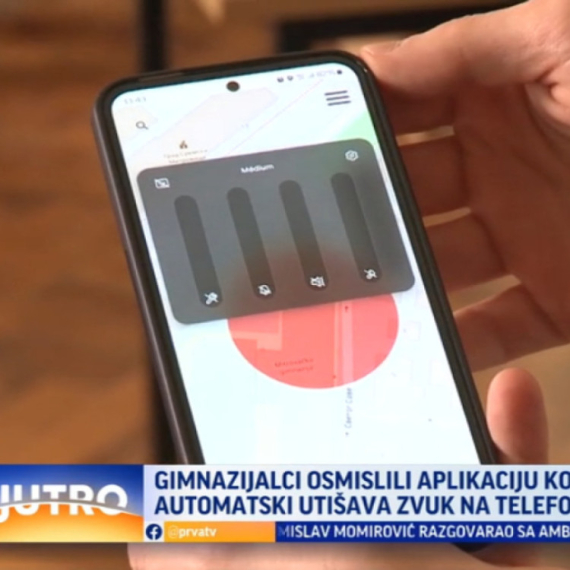


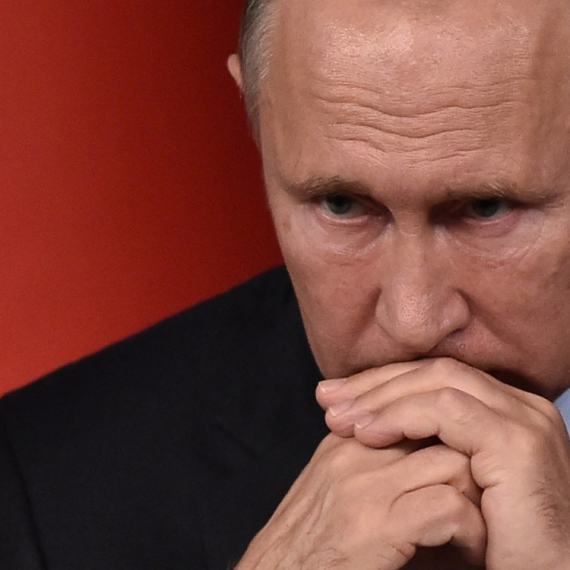

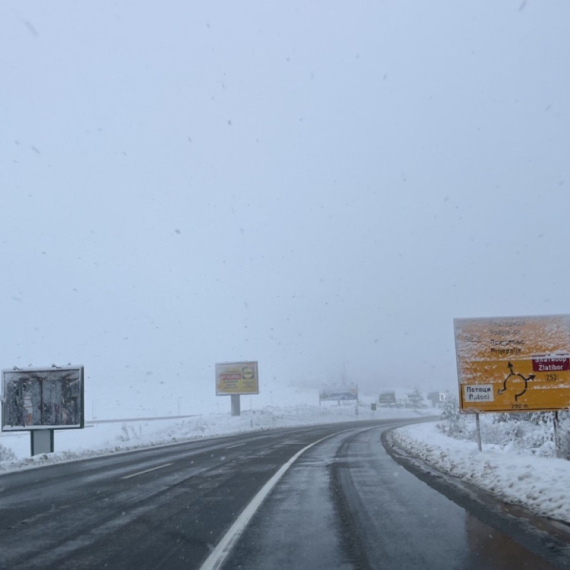

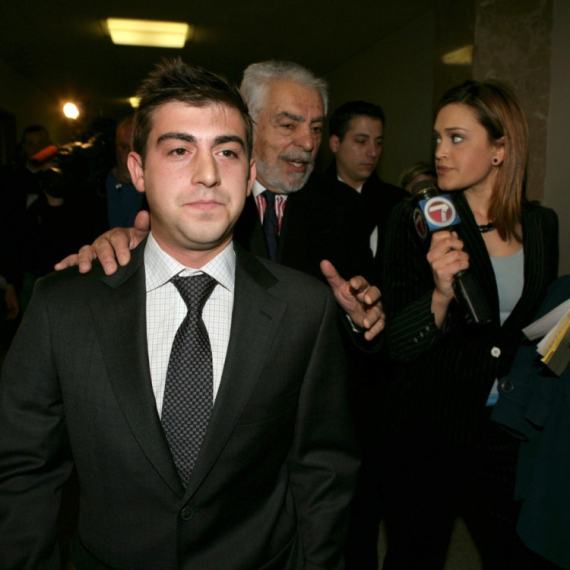





























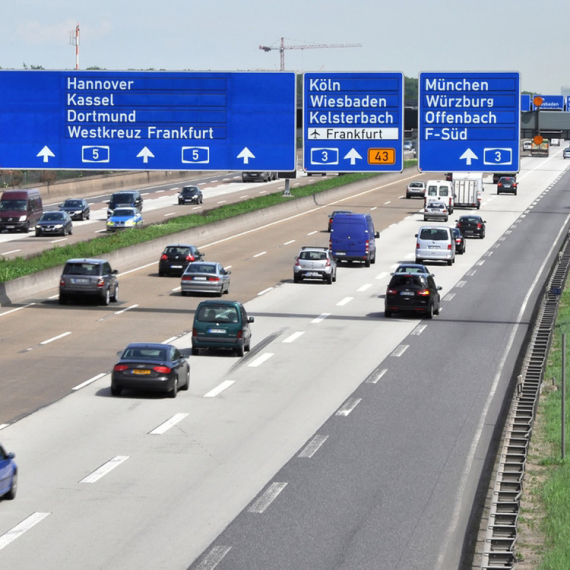








Komentari 24
Pogledaj komentare